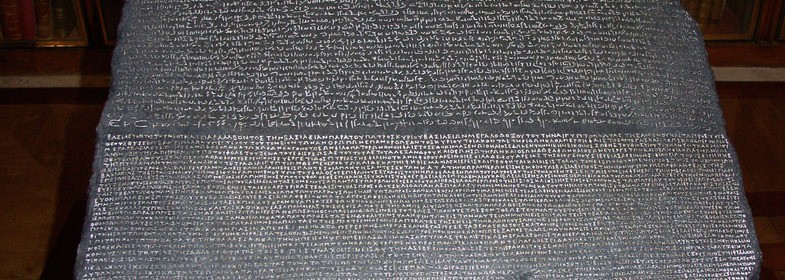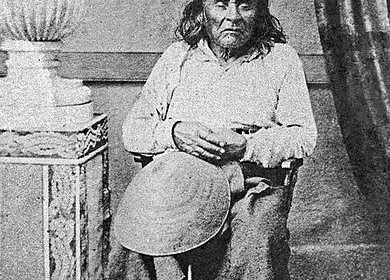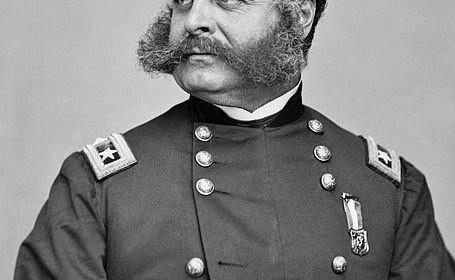How Hieroglyphics were Originally Translated

Today I found out about the history of the Rosetta Stone and how hieroglyphics were first translated. Hieroglyphics were elaborate, elegant symbols used prolifically in Ancient Egypt. The symbols decorated temples and tombs of pharaohs. However, being quite ornate, other scripts were usually used in day-to-day life, such as demotic, a precursor to Coptic, which was used in Egypt until […]
Read more
















